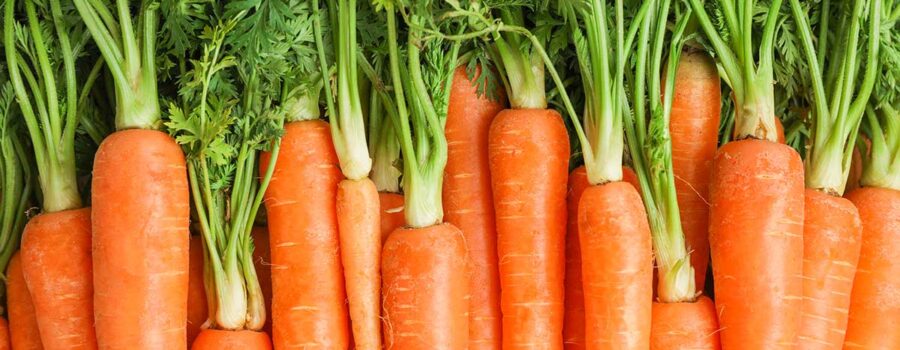So, we’ve all been there: trying to get the family to munch on more veggies, especially those colorful carrots. They’re a hit in my household, not just for their crunch but also for all the health benefits they pack. But here’s a fun fact – Did you know that chomping down on too many of these can give you an orange tint? Yep, Carrots turn you orange. Let’s dive into that!
Why We Love Carrots
Carrots aren’t just crunchy, tasty snacks; they’re nutritional powerhouses. Loaded with beta-carotene, which our bodies convert into vitamin A, they play a huge role in maintaining good vision and overall health. And hey, who can resist that natural sweetness they add to meals and salads?
How Carrots Turn You Orange: The What and Why
It’s called Carotenemia, a harmless condition where the skin, especially on the palms and soles, takes on a yellow-orange hue. It sounds more like a Halloween trick, but it’s real! This happens when we consume a hefty amount of beta-carotene. And while carrots are the usual culprits, foods like sweet potatoes and pumpkins can contribute too. Just remember: this isn’t the same as jaundice, which is a whole different ballgame and needs medical attention.
Finding the Balance: Carrots Turn You Orange
Now, before you swear off carrots forever, remember it’s all about balance. It would take quite a carrot feast, consistently, to start seeing any changes in skin color. And even if you do, cutting back a bit and giving it some time will get things back to normal.
However, a sudden carrot binge might make your stomach a tad upset. Too much fiber too quickly can do that. So, as with all things delicious and nutritious, moderation keeps things in check.
Carrot Myths Busted
There’s this tall tale that eating carrots can make you see in the dark. As much as I wish it were true (imagine the fun bedtime stories!), it’s a myth stemming from old war propaganda. While they’re good for eye health, night vision goggles are not.
Wrapping Up
Carrots, in all their orange glory, remain a fantastic addition to our family meals. They’re fun to eat, super nutritious, and let’s face it, a bit magical (who else can claim they might Carrots turn you orange?). Just remember, like all good things in life, it’s about enjoying them in the right measure.
Stay crunchy and colorful out there!
References:
- “Beta-Carotene.” Mount Sinai Health System, www.mountsinai.org/health-library/supplement/beta-carotene.
- Edigin, Ehizogie et al. “Carotenemia: A Case Report.” Cureus vol. 11,7 e5218. 23 Jul. 2019, doi:10.7759/cureus.5218
- Jaundice – Clinical Methods – NCBI Bookshelf, www.ncbi.nlm.nih.gov/books/NBK413/.
- Carotenemia – StatPearls – NCBI Bookshelf, www.ncbi.nlm.nih.gov/books/NBK534878/.
- Kiani, Aysha Karim et al. “Main nutritional deficiencies.” Journal of preventive medicine and hygiene vol. 63,2 Suppl 3 E93-E101. 17 Oct. 2022, doi:10.15167/2421-4248/jpmh2022.63.2S3.2752
- Ioniță-Mîndrican, Corina-Bianca et al. “Therapeutic Benefits and Dietary Restrictions of Fiber Intake: A State of the Art Review.” Nutrients vol. 14,13 2641. 26 Jun. 2022, doi:10.3390/nu14132641
- “Office of Dietary Supplements – Vitamin A and Carotenoids.” NIH Office of Dietary Supplements, U.S. Department of Health and Human Services, ods.od.nih.gov/factsheets/VitaminA-HealthProfessional/.
- Magazine, Smithsonian. “A WWII Propaganda Campaign Popularized the Myth That Carrots Help You See in the Dark.” Smithsonian.Com, Smithsonian Institution, 13 Aug. 2013, www.smithsonianmag.com/arts-culture/a-wwii-propaganda-campaign-popularized-the-myth-that-carrots-help-you-see-in-the-dark-28812484/.








